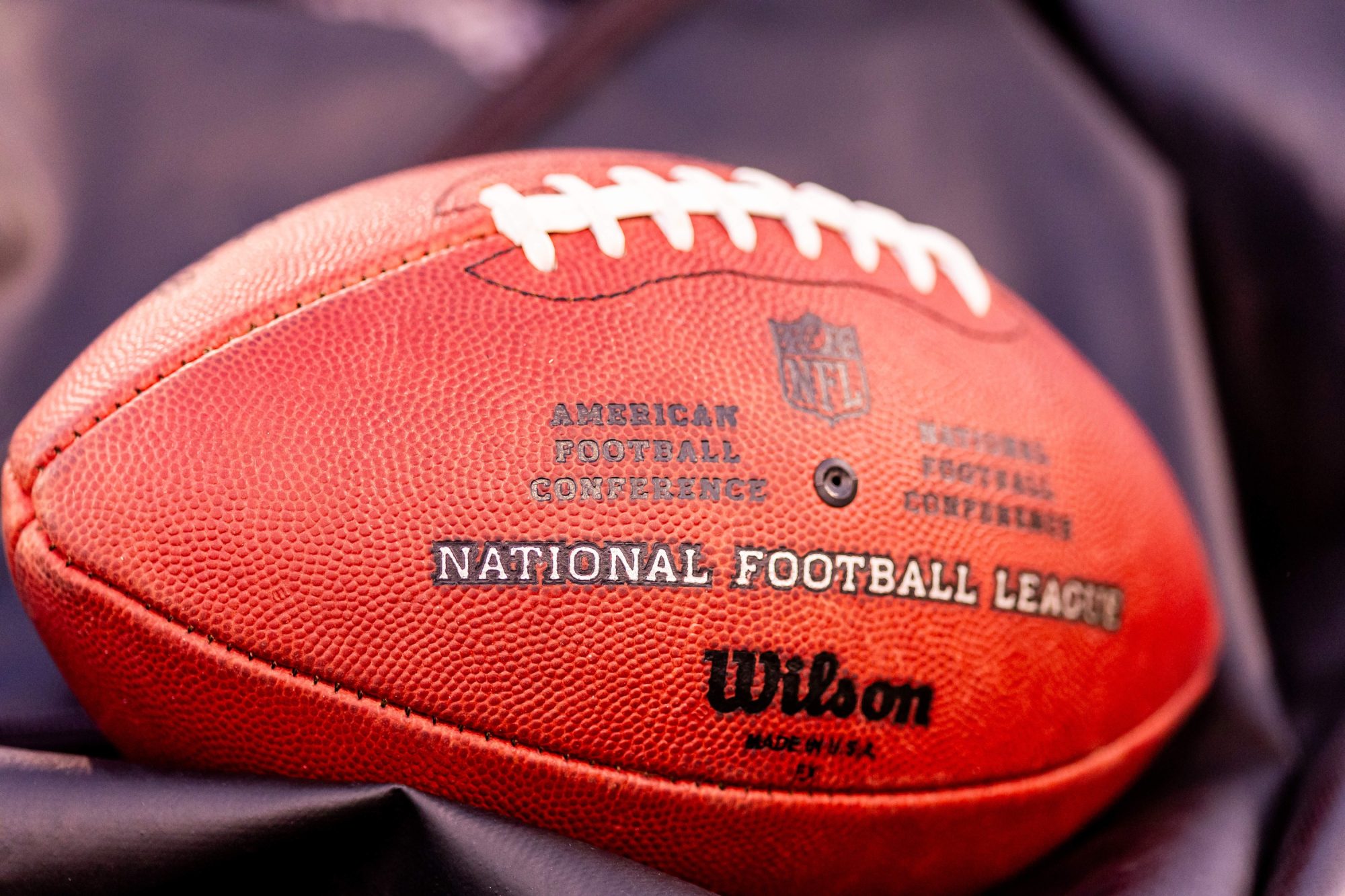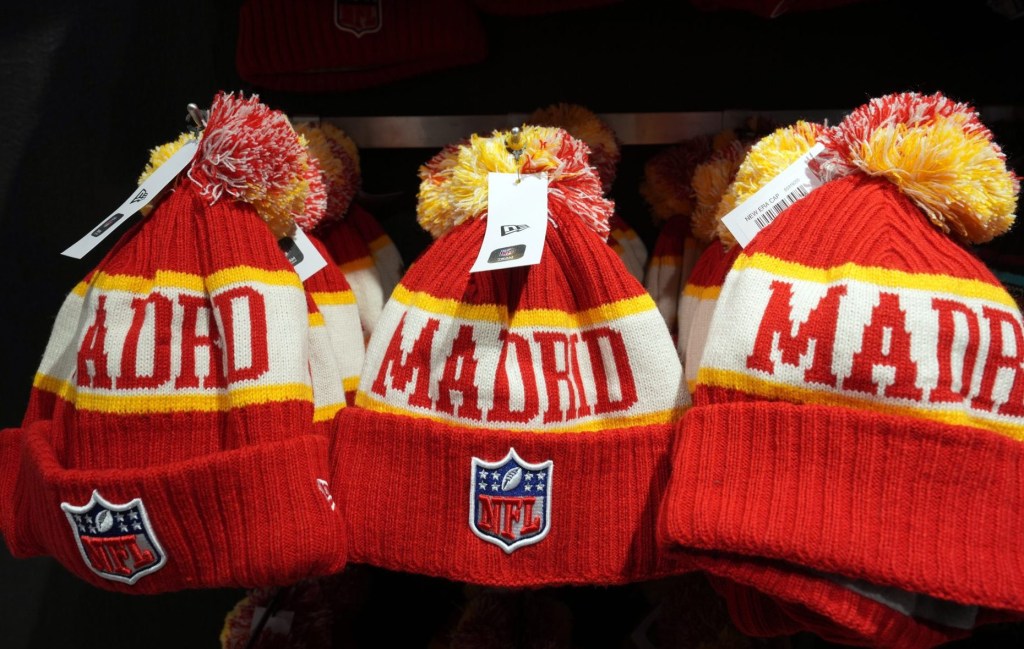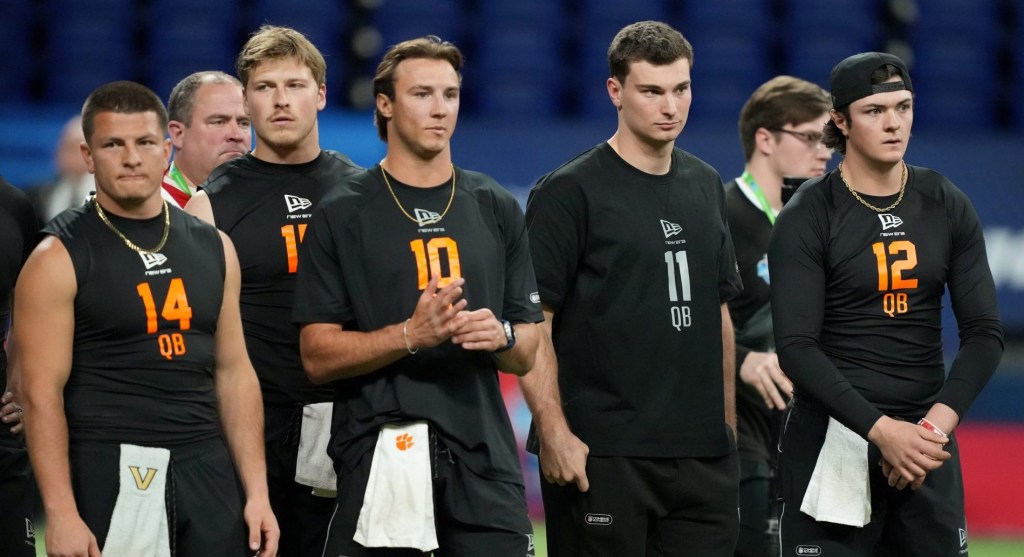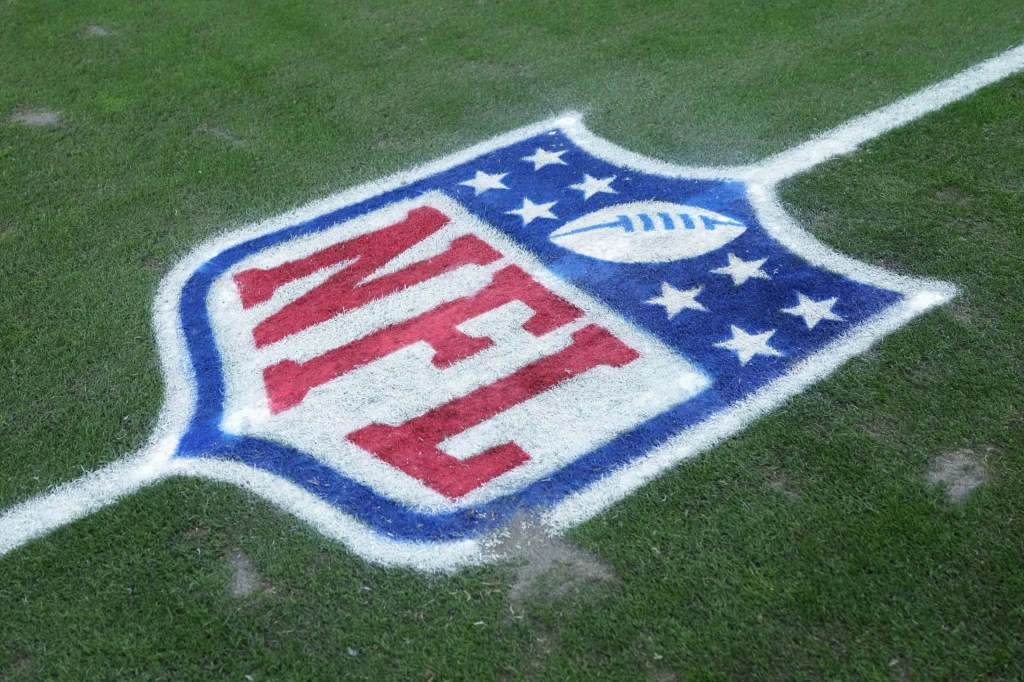EAGAN, Minn. — The NFL is set to make league and sports industry history Tuesday, even if the outcome has been increasingly a foregone conclusion.
The league will hold a special meeting here, where a vote is expected to formally approve the introduction of private equity in team ownership. The result of months of study and consideration, the move will make the NFL the last, but the largest and most notable, of the major U.S. sports leagues, to allow this type of outside investment.
It’s anticipated that private equity firms will be initially capped at 10% of a team’s equity—below other comparable leagues that allow up to 30%. The institutional investors will also be required to be entirely passive and not hold any voting rights with teams.
“We believe that would be something that could make sense for us in a limited fashion,” NFL commissioner Roger Goodell said last month regarding the introduction of private equity. “That would be something we think could complement our ownership and support our ownership policies.”
Victim of Its Own Success
Even as the NFL has taken a more measured path toward allowing private equity, the need for this vote has become increasingly urgent. The Commanders sold for $6.05 billion last year, a figure that could soon look quaintly small amid the league’s continued growth. Already, the NBA is potentially taking aim at the Commanders’ figure with the forthcoming sale of the Celtics.
Those soaring valuations have made it increasingly difficult for even the wealthiest individuals to meet traditional NFL ownership and liquidity requirements—led by the primary investor having at least 30% equity in a team purchase and a cap on ownership groups at 25 people.
Several NFL teams are expected to take immediate advantage of the new private equity provisions and close deals before the end of the year. Those individual transactions will still require vetting and approval by the league.
Heavyweight Roster
It’s also expected the NFL will disclose a list of approved private equity partners, a group that could include titans of that industry such as Arctos Partners, Ares Management, Sixth Street Partners, and a consortium of Blackstone Partners, CVC Capital Partners, Carlyle Group, and Dynasty Equity.
Many of these firms have already been highly active across many other parts of the sports industry, including buying into teams in other pro leagues, concessionaires and hospitality firms, and stadium management entities.







![[Subscription Customers Only] Jun 15, 2025; Seattle, Washington, USA; Botafogo owner John Textor inside the stadium before the match during a group stage match of the 2025 FIFA Club World Cup at Lumen Field.](https://frontofficesports.com/wp-content/uploads/2026/02/USATSI_26465842_168416386_lowres-scaled.jpg?quality=100&w=1024)
![[Subscription Customers Only] Jul 13, 2025; East Rutherford, New Jersey, USA; Chelsea FC midfielder Cole Palmer (10) celebrates winning the final of the 2025 FIFA Club World Cup at MetLife Stadium](https://frontofficesports.com/wp-content/uploads/2026/02/USATSI_26636703-scaled-e1770932227605.jpg?quality=100&w=1024)


![[US, Mexico & Canada customers only] Feb 6, 2026; Riyadh, SAUDI ARABIA; Jon Rahm in action during the third round of play at LIV Golf Riyadh at the Riyadh Golf Club.](https://frontofficesports.com/wp-content/uploads/2026/03/USATSI_28173562_168416386_lowres-scaled.jpg?quality=100&w=1024)

![[US, Mexico & Canada customers only] Sep 28, 2025; Bethpage, New York, USA; Team USA's Bryson DeChambeau reacts after hitting his approach on the 15th hole during the singles on the final day of competition for the Ryder Cup at Bethpage Black.](https://frontofficesports.com/wp-content/uploads/2026/03/USATSI_27197957_168416386_lowres-scaled.jpg?quality=100&w=1024)



